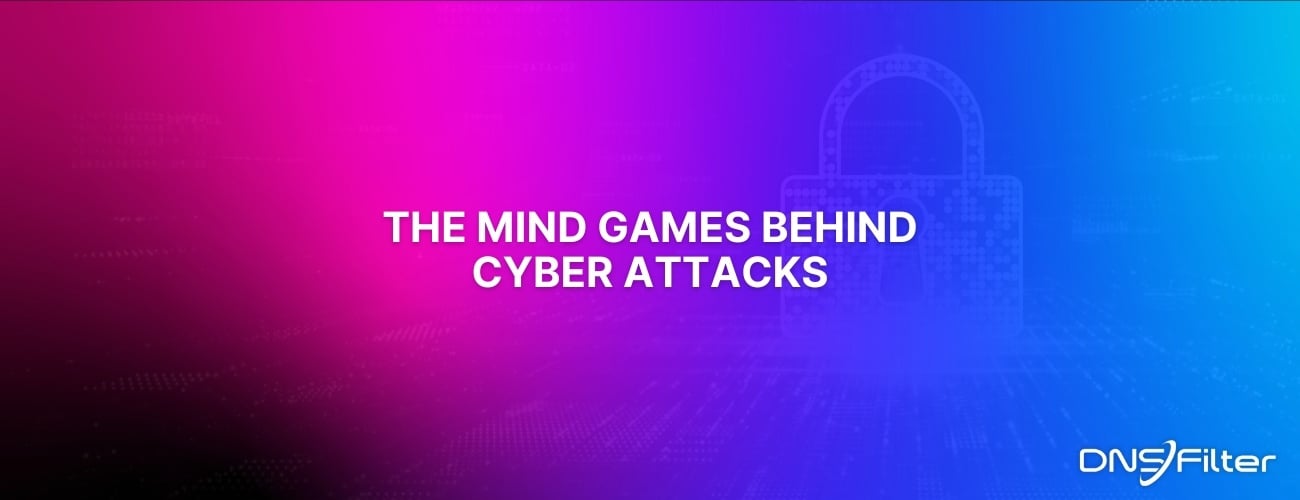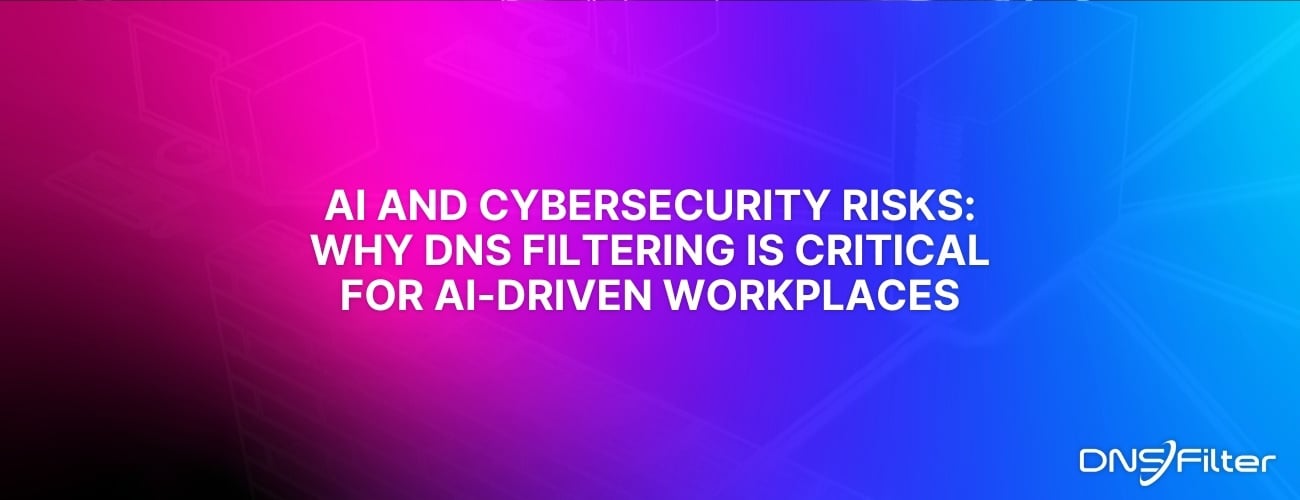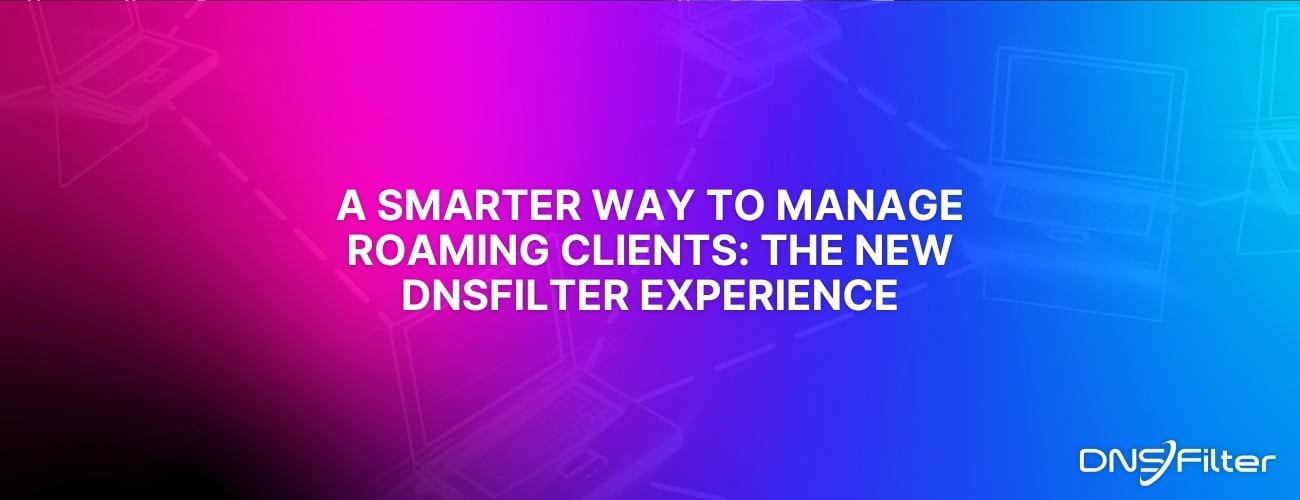Share this
The Ideal Internet Access Policy
by Ken Carnesi on Sep 19, 2017 12:00:00 AM
Most businesses simply cannot operate without internet access. Employees need internet access to perform to their duties, but without limits, unrestricted internet access can be distracting and dangerous.
Most companies will create their own Internet policy, dictating how the Internet is to be used by employees while working. For example, your Internet policy may outline when, where, and how they can access content.
You will need your employees to be happy to sign up to your Internet policy, so how do you create successful guidelines which your workforce can deal with?
What Should your Internet Policy Cover?
Your Internet policy should state that Internet usage should support the goals and objectives of the business and emphasize that employees are expected to use the Internet in an acceptable way. Your workforce should ensure that they comply with all current legislation as well as not using the Internet to defame the company name.
The policy should outline unacceptable behavior, which is in breach of your Internet policy and may result in disciplinary action such as:
- Accessing illegal, obscene or adult content
- Using the Internet to harass, or “cyber bully”
- Using the Internet or computers to commit fraud
- Sharing confidential information about the business, its partners, or clients
- Introducing malware into the network
- Reducing staff effort or productivity
- Hacking into unauthorized areas or sites
The Internet policy should also clearly state that, as an employer, you reserve the right to monitor your employees’ Internet usage as well as clearly outlining your policy regarding information stored on third-party websites.
It is imperative to be clear and concise so that your workforce knows what is expected of them in regards to Internet usage, as it is unfair to be vague on your policy and thus leaving room for interpretation.
Share this
 The Mind Games Behind Cyber Attacks
The Mind Games Behind Cyber Attacks
Hackers have long understood that the most sophisticated firewall is no match for a well-placed psychological trick. While many focus on the technical prowess of cybercriminals, the real magic often lies in their ability to manipulate human behavior. By exploiting our natural tendencies and cognitive biases, hackers can slip past even the most robust security systems. It's not just about cracking codes; it's about cracking the human psyche.
 AI and Cybersecurity Risks: Why DNS Filtering is Critical for AI-Driven Workplaces
AI and Cybersecurity Risks: Why DNS Filtering is Critical for AI-Driven Workplaces
Artificial intelligence is transforming business operations, automating everything from customer service to data analysis. But with these advancements come new security challenges. AI-driven cyber threats are becoming more sophisticated, enabling attackers to automate phishing campaigns, generate malware, and exfiltrate sensitive data at scale. Without proper safeguards, AI tools can unintentionally leak corporate secrets or connect to malicious ...
 A Smarter Way to Manage Roaming Clients: The New DNSFilter Experience
A Smarter Way to Manage Roaming Clients: The New DNSFilter Experience
Managing endpoint security across an organization—whether as an MSP overseeing multiple customers or an admin overseeing a tech stack—should be simple, efficient, and effective. That’s why we’re excited to introduce a revamped Roaming Client management experience, designed to provide greater confidence and ease in managing your fleet of DNSFilter Roaming Clients.


